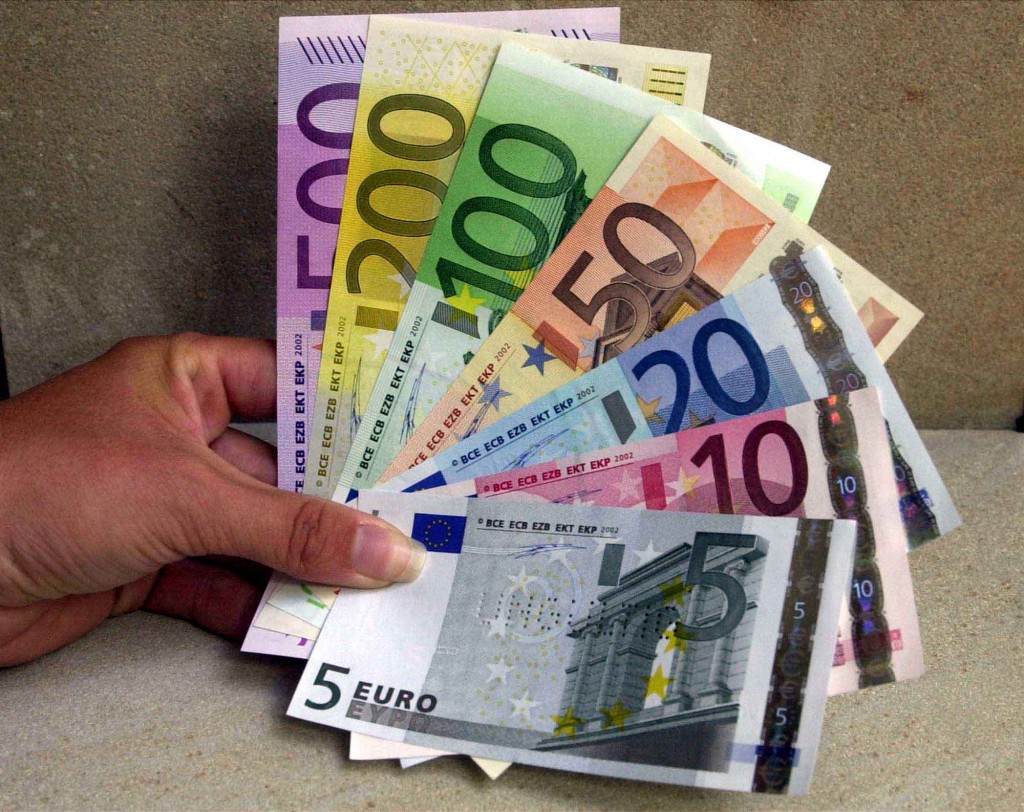RIGA, Latvia — China on Sunday announced a 10 billion euro ($11 billion) investment fund aimed at drumming up business between the Asian giant and central and eastern Europe.
The move came as Chinese Prime Minister Li Keqiang met 16 counterparts from across central and eastern Europe in Lativa’s capital Riga at a weekend summit focused mainly on developing trade.
China’s Xinhua news agency reported Sunday that the new China-Central and East European fund will be run by the Sino-CEEF Holdings Ltd.
The company formally launched on Saturday in Riga by the Chinese prime minister is owned by the Industrial and Commercial Bank of China (ICBC), the country’s biggest lender.
“China has signed MOUs (memorandum of understanding) with Poland and the Czech Republic on making financial contributions” to the fund, Chinese Premier Li Keqiang told counterparts in Riga
Xinhua quoted Sino-CEEF Holding chief Jiang Jianqing as saying that the investment fund was expected to reach 10 billion euros.
He added that it would focus on developing infrastructure, high-tech manufacturing and mass consumption industries in the region, including EU and eurozone members.
“China has signed MOUs (memorandum of understanding) with Poland and the Czech Republic on making financial contributions” to the fund, Chinese Premier Li Keqiang told counterparts in Riga, but did not reveal any sums.
Latvian Prime Minister Maris Kucinskis said that his small eurozone country had also decided to participate in the fund, though no details of the size of contributions were given.
The new fund is part of Beijing’s much vaunted efforts of establishing land and sea links for European trade, known as the “Belt and Road” policy.
Chinese activity in central and eastern Europe is rooted in the “16+1 Forum” for cooperation between 16 ex-communist eastern European states and China, launched in 2012 in Warsaw, Poland.
At the time, Beijing vowed to commit a total of $10.5 billion in credit lines and funds to boost economic ties with the region, but analysts say the capital injections have been slow to materialize.


